Trust in 2017?!
What determines trust?
That question keeps coming back to me when I think about all the distrust going on right now. Every social interaction falls back to trust it seems. Indeed, this is true in politics as well. One of Trump’s key tactics in the 2016 election was to manufacture and spread distrust towards all who would pose as a threat: rival candidates, “politicians ” in general, opposing news sources as “fake news,” undocumented immigrants framed as criminals, a religion framed as producer of terrorism. Sure, all politicians do this. However, I don’t think these claims were the primary source of his popularity. Instead, it seems to be quite the opposite.
Did these objects of distrust underlie American communities, enough to win the election? Were they taken advantage of in order to secure a win at presidency? I have not found any research investigating these questions. One of the downsides of ethnographic studies lies in just how freakin’ long it takes to do them with depth.
I want to address my views about Trump briefly so anyone reading this might be able to understand my point of view. I do not agree with the majority of Trump’s proposals, or with many of his actions so far. The point of this post is not to persuade anyone towards my point of view. We all have our own opinions. But I thought it was important for you to understand where I come from, so you might understand how I came to think the way I do.
/boxes-freecycle-579be7d45f9b589aa98a6bd0.jpg)
I grew up in Arizona, Louisiana, Montana, and Washington state. I remember crossing border to border in the back of a minivan, jumping out of my seat to get a glimpse of the “Welcome to {insert state here}” sign each time we entered a new state. If you’ve ever lived in any of these places, you might recognize that all of them have distinct traits despite being placed under the umbrella of a singular, “American culture.”
What I became aware of as I entered the adult sphere is that differing world views are often reflected in policies and politics. If there is one positive thing I can think of from attending twenty different schools before high school, it’s this: a person can be your friend regardless of cultural, economic, or political differences. The answer is simple. Focus on what you have in common.
As humans, we all have one thing in common with every other human being on the planet. Humanity. That’s it. No one can be a human without it. So when you think about why you hate someone, or how they caused you trouble, just remember: siblings fight; families compete; but families stay together because they trust each other.
The concept of happily trusting every person on the planet reaches a grinding halt in some situations because excessive trust, according to some, leads to malfeasance. When people trust us, the temptation to sneak behind their backs is much stronger when we are faced with a choice between dopamine and moral. Unfortunately, we are all made of different combinations of genes. Many of us have trouble in choosing dopamine over what we know we should do. This goes back to our ancestral genetic wiring of the human reward center.

Our body interprets actions that release dopamine as inherently good for us, despite the negative problems associated with things like sugar and drugs. Some people can’t resist stealing from their own company or continuing to use drugs because the reward is too great in the short-term for them to see the long-term consequences. Trust in each other is humanity’s way of surviving. At some point in our short story we realized that helping each other out could be more advantageous than strictly making self-serving actions.
Although we still must act for our own benefit, this simply reflects that, as a society, we care more about the long-term benefits than the short-term rewards. Once we began to correlate non-selfish-actions with longevity and quality of life, our species began to live longer. Regardless if you acted out of selfish desires or non-selfish desires, people still saw the benefits of helping each other live longer.
What makes the human experience so interesting is our ability to choose between actions that lead to short-term rewards or long-term rewards. On the flip side, those in power utilize psychological techniques to influence decisions. As you can imagine, barraging someone with short-term rewards can make people blind to long-term choices. But that’s another discussion.

Perhaps giving others too much of our trust will backfire on us. Maybe they’ll take advantage of us. The thought of being stabbed in the back paralyzes most. The simple premonition of emotional distress spawns our distrust others. Additionally, capitalism creates an environment where competition leads to getting things done. Name one place people distrust others more than when competing in a tournament? While competition is the best motivator for getting people to do something, will distrust really bring value to our lives?
Ultimately, this question gets overlooked by those who were raised to only see the benefits of competitive environments. Maybe one day we’ll figure out how to trust each other in competitions; optimistically, on the national scale. But for now, we need to contemplate which is more important to us. The short-term or the long-term.
That’s all for now! If my research and ideas made you think about trust in your own OWN life, let me know! Together we can create a better world for the future.








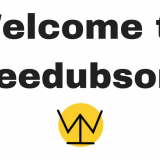
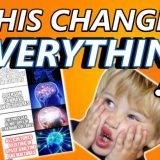
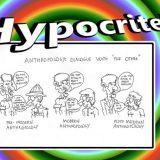
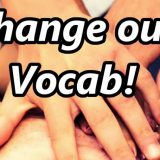
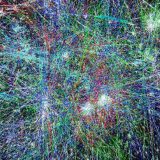

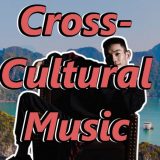
we offer music download services from all over the world
tubidy mp3
The knowledge presented in your article is truly remarkable and beneficial. I wish the article receives widespread attention and sharing from the community. Don’t forget to visit n88 to discover a universe of diverse and engaging entertainment.